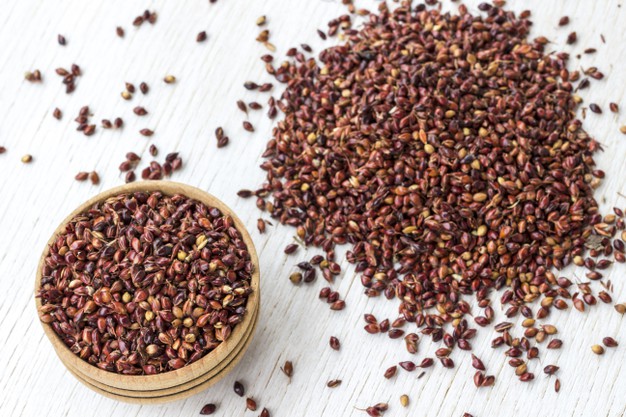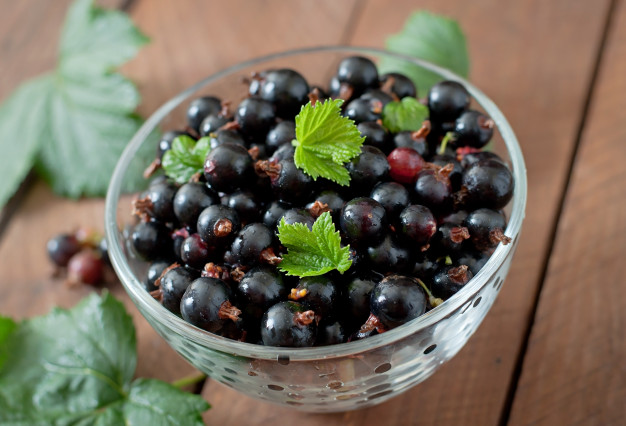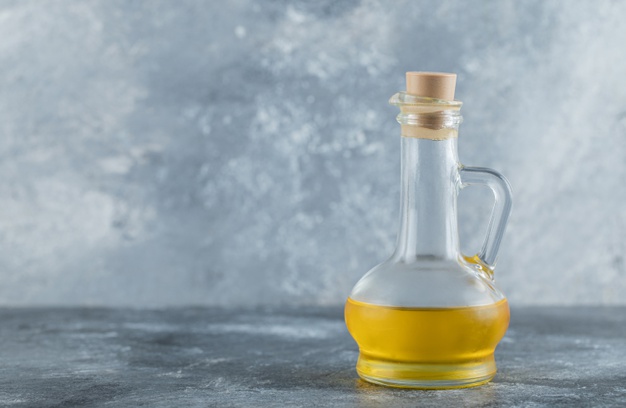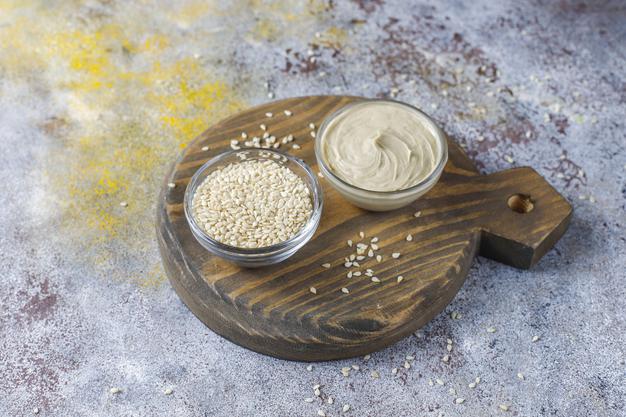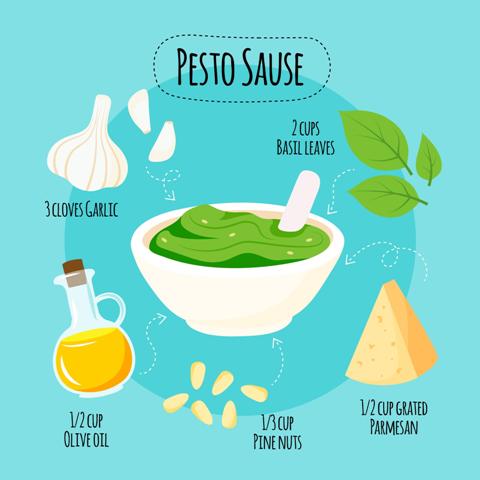Glutathione is considered as one of the most important antioxidants that offer numerous health benefits.
Sources
- It is naturally present in various foods whereas it is also available in the form of supplements
- Garlic, onion, cruciferous vegetables, avocados, watermelon, asparagus, carrot, spinach and watermelon are considered as rich sources of glutathione so they should be included in diet in order to obtain the benefits of glutathione
Biological activity
Antioxidant activity
- Glutathione is an imperative antioxidant that helps in preventing oxidative stress
- Oxidative stress is considered as one of the most vital precursors of multiple diseases and oxidative stress generally occurs when there is an imbalance taken place between the generations of free radicals and the ability of the body to fight against them
- Glutathione plays imperative role in staving off the impact of oxidative stress, which ultimately reduces the susceptibility of developing chronic diseases
Anti-inflammatory activity
- It plays imperative role in preventing inflammation as it helps in controlling inflammatory responses of the body
- It is also very effective for reducing swelling and pain
Anti-carcinogenic activity
- It exerts potent anti-carcinogenic activity and plays significant role in preventing the progression of cancers
- Its oxidative stress reducing capacity is considered as one of the most important factors accountable for decreasing the prevalence of cancers
- On the other hand it plays vital role in preventing mitochondrial damages, which is also responsible for reducing the susceptibility of carcinoma

Detoxifying activity
- Glutathione plays imperative role in neutralizing and eliminating toxins from the body
- It has seen that various enzymes of our body use glutathione for neutralizing toxins and subsequently remove them by liver (through bile) and by kidney (through urine)
- Moreover, without glutathiuone body can not able to neutralize and eliminate toxins from body, so in simple word it can be said that glutathione acts as important detoxifier that helps to cleanse the body effectively
Health benefits
Role on immunity
- Glutathione plays significant role in keeping the immune system strong and makes it able to fight against infections
- It helps to promote the activity of natural killer cells, which ultimately help in improving the cytotoxic ability of the body as a result helps to strengthen the defense mechanism of the body
- It is also associated with stimulating the synthesis and activity of T cells in body that helps in synthesizing further infection-fighting substances that aid in controlling microbial infections
- It helps in improving the activity of immune cells too and positively affect the adaptive immunity

Role on hepatic health
- Consumption of glutathione is very useful for promoting the overall health and functionality of liver
- Consumption of glutathione significantly decreases the level of malondialdehyde in body, which is considered as one of the vital markers of hepatic cell damage
- It is very effective in decreasing the prevalence of cellular damage in both alcoholic and non-alcoholic fatty liver disease
- It is closely related with enhancing the level of enzyme, bilirubin and protein in the blood of individual with fatty liver disease, which ultimately helps to improve their symptoms
Role on nervous system
- It plays vital role in promoting the overall health and activity of nervous system
- It helps to prevent neuro-degeneration
- It helps to protect nerve cells from oxidative and inflammatory damages thus help to promote their functionality
- It helps to improve the symptom of Parkinson’s disease by preventing rigidity and tremors, whereas it helps in improving the symptoms of Alzheimer’s disease as well
- It helps to improve memory as well as concentrating ability
Role on metabolism
- Glutathione plays important role in maintaining cellular energy level
- We all know that mitochondria is known as the power house of cell as it is the site of energy production and glutathione plays imperative role in protecting mitochondria from oxidative damages as a result helps in sustaining its activity. This is why glutathione is considered as the paramount to energy production
- If the mitochondria get damaged then the diseased mitochondria will start to make lesser energy as a result reduces the body’s functioning ability and efficiency. So it is better to include glutathione in diet in order to maintain a healthy metabolism

Role on cardiac health
- Glutathione plays important role in lowering the risk of developing cardiovascular diseases
- It helps in neutralizing lipid oxidation process, which is considered as one of the leading causes of cardiovascular diseases
- Basically heart disease begins with the accumulation of fat especially LDL within the arterial wall and oxidation of these fat or LDL results in damaging the lining of blood vessels and forms plaque, which subsequently develops atherosclerosis
- Plaque may clog the blood vessel even may rupture the vessels and thus blocks the blood flow, which causes heart attacks
- Consumption of glutathione is really very useful for preventing this lipid oxidation. It has seen that with the help of glutathione peroxidase enzyme, glutathione helps to stop free radicals, lipid peroxides and hydrogen peroxides, which are responsible for this type of lipid oxidation. As a result it helps in reducing the susceptibility of atherosclerosis and heart attacks
Role on skin
- Glutathione is extremely helpful for making the skin healthy and supple
- It helps to make the skin cell able to heal and regenerate by them
- It helps to reduce the production of melanin (skin pigment) by inhibiting the activity of the enzyme tyrosinase, which is involved in melanin production as a result helps in promoting skin whitening effect
- It also helps in improving skin elasticity
- It helps to prevent wrinkles
- It is also very effective for preventing psoriasis

Therapeutic uses
It has been traditionally used for various therapeutic purposes, which include –
Glutathione and endurance
- It plays significant role in boosting up athletic performance
- It helps to prevent fatigue
- It helps in reducing lactic acid production, which ultimately helps to improve muscular activity
- Glutathione along with L-citrulline helps in stimulating the production of nitric oxide, which helps to dilate blood vessels as a result increases blood flow
- Increased blood flow increases the supply of oxygen to tissues and muscles, which ultimately improves athletic performance by many folds
Glutathione and Autism
- It has seen that children with autism have relatively lower level of glutathione and higher level of oxidative damages in their brain, which ultimately increases the prevalence of neuro-degeneration
- Increase in glutathione level significantly improves the symptoms and also helps in decreasing the prevalence of oxidative damages in children with autism

Glutathione for COPD
- It has seen that low level of glutathione is directly linked with increasing the risk of developing COPD or Chronic obstructive pulmonary disease
- Glutathione helps in protecting the lining of lungs from damages and also promotes lung functionality, which significantly reduces the prevalence of COPD
- It also helps to treat asthma and cystic fibrosis
Glutathione and Peripheral artery Disease
- It is mainly occurred when the peripheral arteries become clogged due to plaque formation. It is very common in legs
- Consumption of glutathione is very effective as it helps in enhancing blood circulation, which ultimately helps to improve the symptoms of peripheral artery disease
Glutathione and diabetes
Insulin resistance is considered as one of the leading causes of developing type 2 diabetes, which can be prevented by consuming glutathione as it helps in improving insulin sensitivity
Others
- It helps to treat ulcerative colitis
- It also helps in preventing hypertension
- It helps to reduce the susceptibility of developing auto-immune diseases as well
Source:
Allen, J. and Bradley, R.D., 2011. Effects of oral glutathione supplementation on systemic oxidative stress biomarkers in human volunteers. The journal of alternative and complementary medicine, 17(9), pp.827-833.
Alpert, M., 2005. The diverse benefits of glutathione: a key antioxidant for reversing chronic illness. Alternative & Complementary Therapies, 11(5), pp.241-245.
Mischley, L.K., Vespignani, M.F. and Finnell, J.S., 2013. Safety survey of intranasal glutathione. The Journal of Alternative and Complementary Medicine, 19(5), pp.459-463.
Pham-Huy, L.A., He, H. and Pham-Huy, C., 2008. Free radicals, antioxidants in disease and health. International journal of biomedical science: IJBS, 4(2), p.89.
Sinha, S., Singh, S.N., Monga, Y.P. and Ray, U.S., 2007. Improvement of glutathione and total antioxidant status with yoga. The Journal of Alternative and Complementary Medicine, 13(10), pp.1085-1090.

